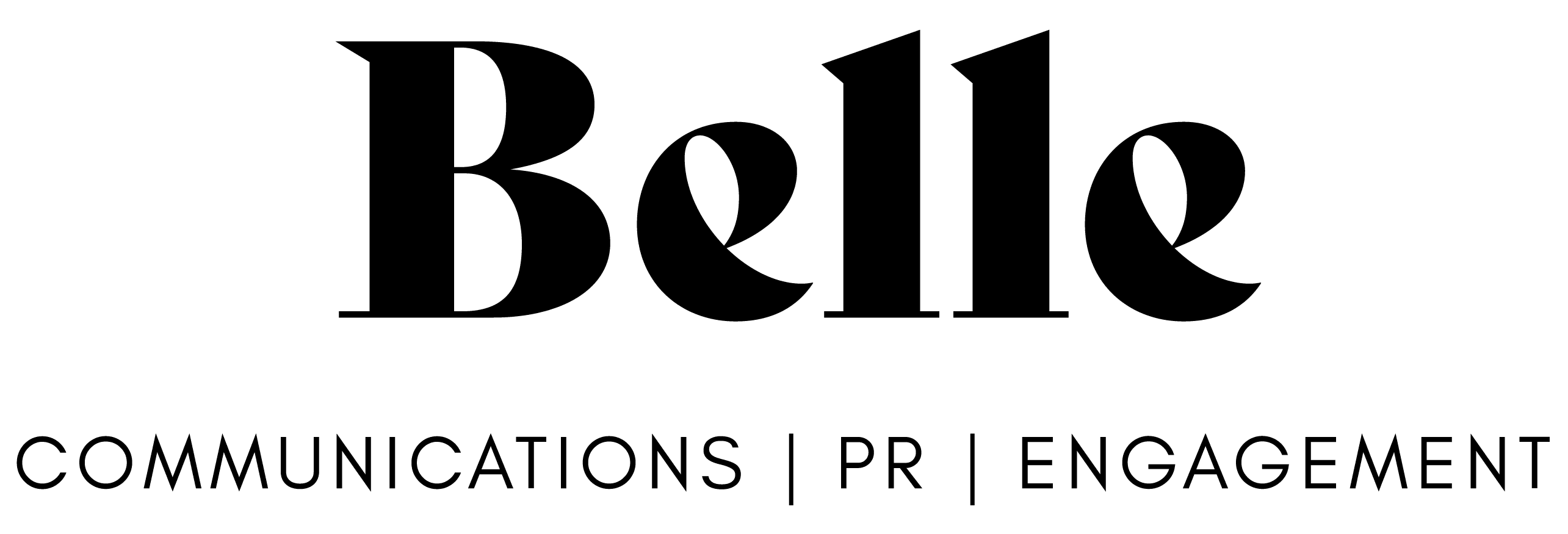There's been so much talk recently about ChatGPT and the future role of AI in public relations and communications activities.
In early April, Waikato University professor and director of the AI Institute Albert Bifet will be sharing his insights on this topic with a group of PR practitioners, which I am really looking forward to as the possibilities absolutely blow my mind.
In the meantime, it got me wondering what role ChatGPT would have in the future in community relations and engagement, and whether or not I need to capture this in the community engagement strategies I'm working on now. So, I did some research and here's what I found.
As a large language model trained by OpenAI, ChatGPT has the potential to revolutionise the way we engage with communities.
With its ability to understand natural language and generate responses in real-time, ChatGPT can facilitate communication between individuals and groups across a wide range of topics, from education and health care to entertainment and social activism.
One of the key advantages of ChatGPT seems to be its scalability. Unlike traditional communication methods such as phone calls, emails, surveys, face-to-face meetings, or online engagement platforms, ChatGPT can handle an almost infinite number of requests simultaneously, allowing it to engage with large communities at once. This is particularly useful for organisations or businesses looking to interact with their customers or supporters on a large scale.
ChatGPT's responsiveness and intelligence can also help to personalise interactions with individual community members. By analyzing patterns in users' language and behaviour, ChatGPT can suggest relevant content or provide tailored recommendations, helping to build stronger relationships and increase engagement.
Another key benefit of ChatGPT is its ability to overcome language barriers. ChatGPT can communicate in multiple languages as a language model, enabling it to engage with people from different cultures and backgrounds. ChatGPT told me directly that this can be particularly valuable for organisations or initiatives looking to build cross-cultural connections and promote global understanding - I'm fascinated to see how that works in a New Zealand context.
One example of how ChatGPT is already changing engagement with communities is through its use in mental health support services. ChatGPT-powered chatbots have been developed to support people experiencing anxiety, depression, or other mental health conditions. These chatbots can provide a safe and confidential space for individuals to express their feelings and receive personalised support, with the aim of reducing stigma and improving access to care. Pretty amazing eh!
Another application of ChatGPT is in education. Chatbots powered by ChatGPT can be used to provide personalized learning experiences, offering real-time feedback and assistance to students as they complete assignments or study for exams. This can help to improve learning outcomes and make education more accessible to a wider range of students.
In summary, ChatGPT can potentially change how we engage with communities by providing scalable, personalised, and multilingual communication. As organisations and individuals continue to explore its capabilities, we can expect to see even more innovative uses of ChatGPT in the future. What this space!

